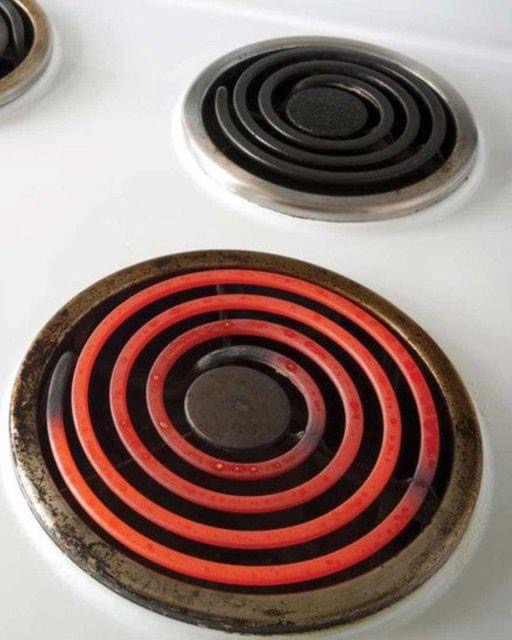
The debate over gas stoves vs. electric stoves is ongoing. Many people prefer what they grew up with, and that’s understandable. Familiarity often shapes our choices. However, beyond nostalgia, which is better for cooking: gas or electric?
Factors to Consider
There’s no one-size-fits-all answer. Both types of stoves cook food differently. Your choice may depend on what you cook most often. Additionally, consider safety and utility costs. Let’s delve into these factors with a detailed analysis below.
Gas Stoves: Cost-Effective in the Long Run
Buying a new stove is a big investment. Comparing gas and electric stoves upfront can be tricky due to price ranges. Low-end electric stoves start around $650, while gas stoves start at $800. High-end electric stoves can cost up to $2,800, whereas top gas stoves are about $2,300.
In the long run, gas stoves are cheaper due to lower utility costs. Utility rates vary, but generally, gas is less expensive than electricity. Investing in a gas stove can save you 10-30% annually on utilities.
Electric Stoves: Safer Option
Electric stoves are safer. Gas stoves have open flames, which can be hazardous, especially for children and pets. Items like tea towels and wooden spoons near the flame can catch fire.
Although electric stoves can burn you, it’s less likely. Gas stoves’ flames indicate when they’re hot, but electric burners can stay hot without visible signs. Still, electric stoves are less likely to cause burns. Plus, they don’t emit gas, eliminating the risk of leaks.
Gas Stoves: Faster Cooking
Gas stoves heat up quickly, which is why many restaurants use them. They reduce cooking time significantly. Electric stoves take longer to heat up, while gas burners ignite instantly and start heating the pot immediately.
Electric Ovens: Even Cooking
Electric ovens cook more evenly than gas ovens.
Gas emits moisture, creating a wetter heat, while electric ovens provide dry heat, perfect for roasts and baked goods. Gas stoves may cook unevenly, so food should be placed away from the heat source and rotated regularly.
Gas Stoves: Versatility
Gas stoves offer more cooking options, such as flambeing, charring, and toasting, which electric stoves can’t do as effectively. This versatility
makes them a favorite among restaurants and dedicated home cooks.
Electric Stoves: Easier to Clean
Flat-top electric stoves are easier to clean. A damp sponge can usually handle most messes. Even electric stoves with coil burners are manageable-remove the burner, clean the plate, and reattach.
Cleaning takes just a few minutes.
In contrast, gas stoves have heavy, multi-part grates that need to be removed. Cleaning them can be time-consuming, and losing an important piece is a risk.
Conclusion
Ultimately, the choice between gas and electric stoves depends on your cooking habits, safety needs, and willingness to manage utility costs and cleaning. Both have their advantages, so consider what matters most to you in your kitchen.